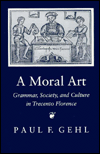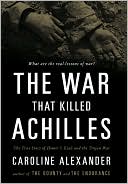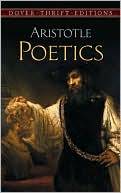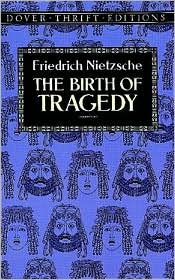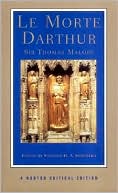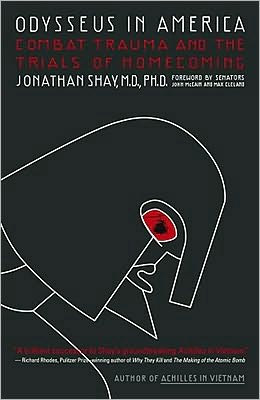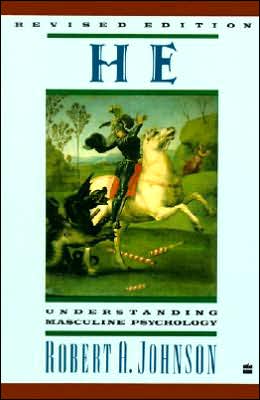A Moral Art: Grammar, Society, and Culture in Trecento Florence
"[Gehl's] book provides major new perspectives on crucial issues in Italian Renaissance history: the nature of regional culture, questions of continuity in Latin curriculum, and, thus, the periodization of the coming of humanism and the place of Latin learning in Trecento Florence. . . . [A] stimulating study that will challenge many traditional views on the Latin curriculum of the early Renaissance."--American Historical Review
Search in google:
Focusing on one distinctive element of the early Renaissance reading public - boys who studied Latin grammar in Florence - Paul F. Gehl sheds new light on the history of schooling in the West. Far from advancing the cause of humanism, he shows, the elementary grammar masters of fourteenth-century Florence worked against it in the name of morality. Drawing on close readings of teaching texts, on a descriptive inventory of all surviving school books used in Florence, and on additional archival sources, Gehl reconstructs the Latin school course in rich detail. He demonstrates how Florence's grammarians responded to challenges posed by vernacular literacy and humanist ideas by restricting the Latin curriculum to moral texts that had for centuries promoted Christian communitarian values. The primary reason for teaching Latin to students, he maintains, was not to increase their language skills but to enable them to make moral decisions based on the analysis of classic Christian texts. Addressing the social status and cultural role of the grammar masters, Gehl considers as well the larger symbolic value of Latin as a vehicle of high culture in a bilingual society. A major contribution to the history of early humanism, A Moral Art will be essential reading for scholars and students in the fields of medieval and Renaissance studies, Italian culture, classics, art history, intellectual history, the history of education, and the history of the book.BooknewsA study of the teaching of Latin grammar at Florence in the early Renaissance, providing a case study of educational conservatism in action. Shows how the teachers, far from encouraging stylistic and philosophical innovation, acted as a brake on the new humanism by emphasizing the moral needs of educated citizens, and the solutions found in the universalizing tradition of Latin and Christianity. Annotation c. Book News, Inc., Portland, OR (booknews.com)
AcknowledgmentsIntroduction11Educational Structures202Schoolboys' Books433Donadello: Deciding to "Latinize"824Reading Texts: The Pagan Classics1075Reading Texts: The Christian Classics1356Reading Texts: The Monastic Heritage1597Reading Texts: Medieval Ovidians1788Linguistic and Social Hierarchies: The Grammarian's Place202Conclusions233Appendix: Census of Reading Books241Bibliography286Index305
\ BooknewsA study of the teaching of Latin grammar at Florence in the early Renaissance, providing a case study of educational conservatism in action. Shows how the teachers, far from encouraging stylistic and philosophical innovation, acted as a brake on the new humanism by emphasizing the moral needs of educated citizens, and the solutions found in the universalizing tradition of Latin and Christianity. Annotation c. Book News, Inc., Portland, OR (booknews.com)\ \
